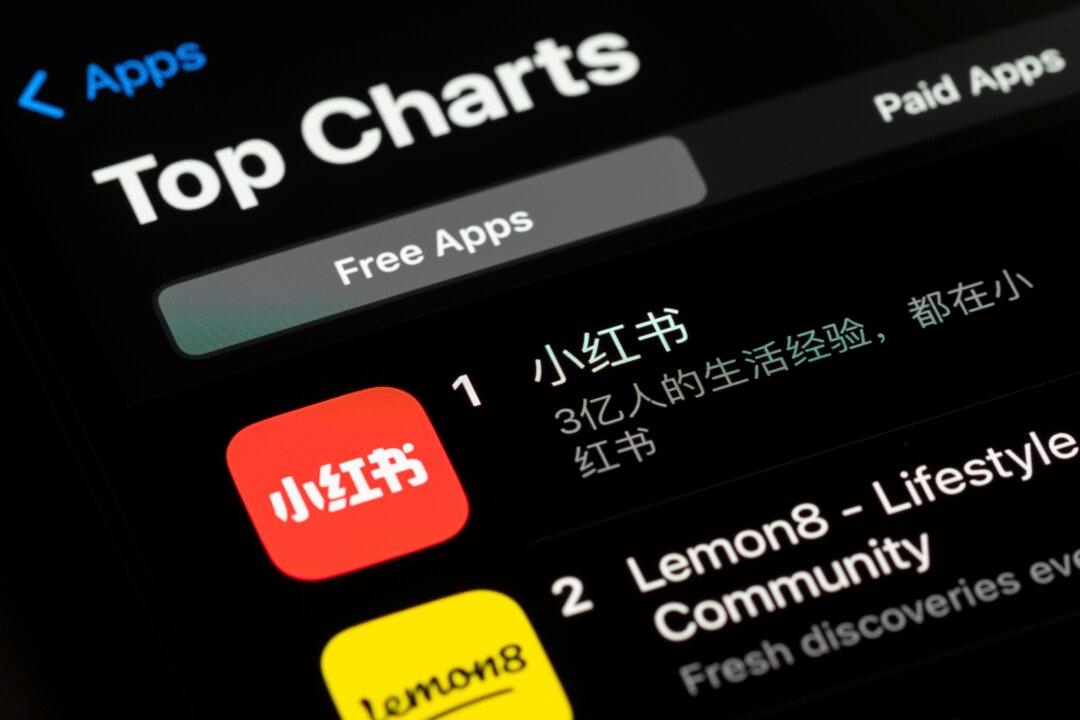As the fate of TikTok hangs in the balance in the United States, tens of thousands of U.S. citizens have flocked to Chinese social media platform RedNote.
However, LJ Eads, director of research intelligence at Ohio-based Parallax Advanced Research, told The Epoch Times via email that RedNote “presents significant privacy concerns, similar to TikTok.” The app collects extensive data and is subject to the same Chinese law that compels companies such as TikTok to hand data over to the state.





